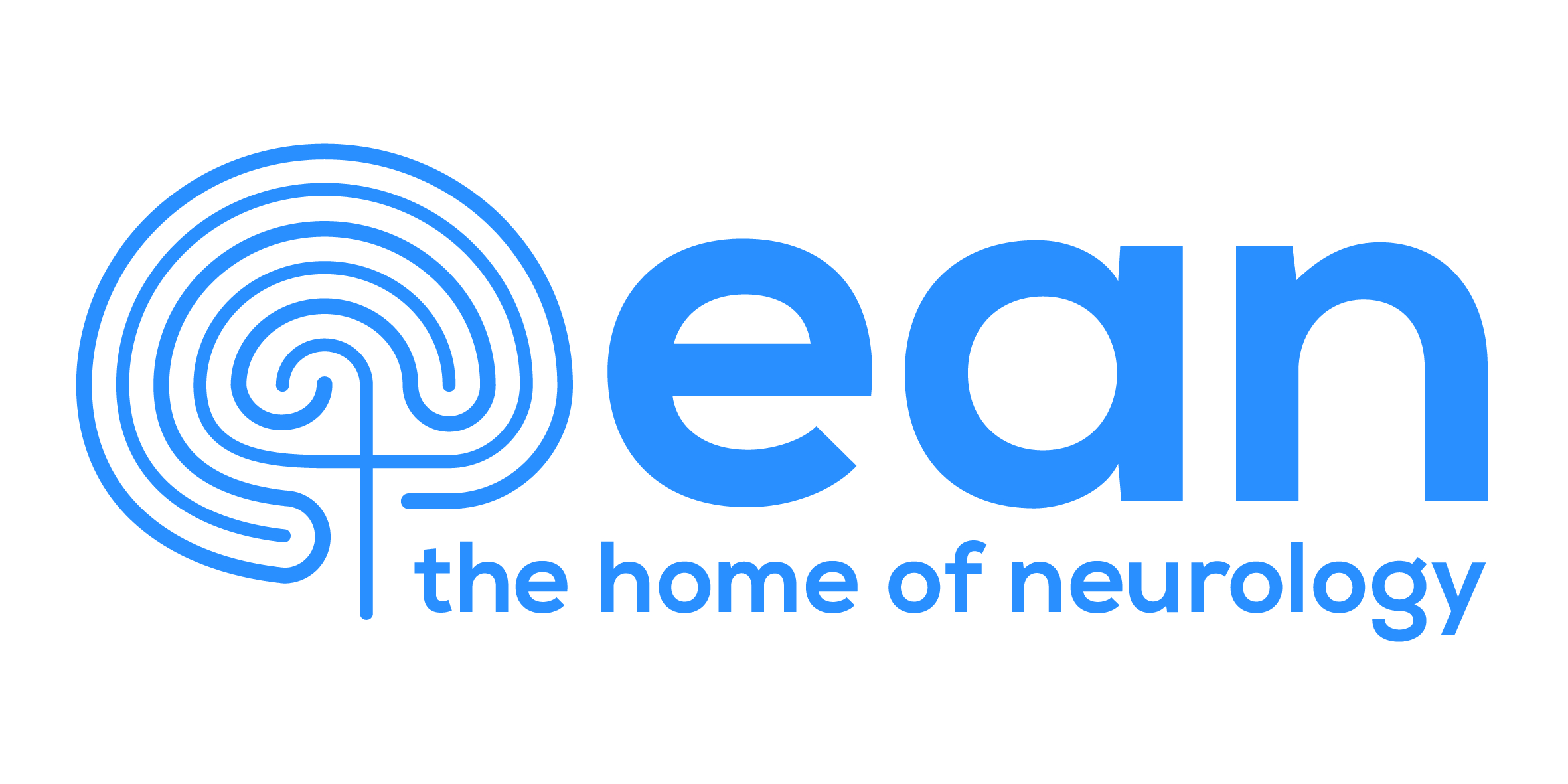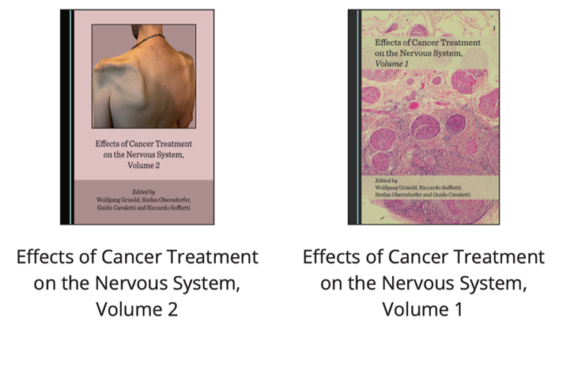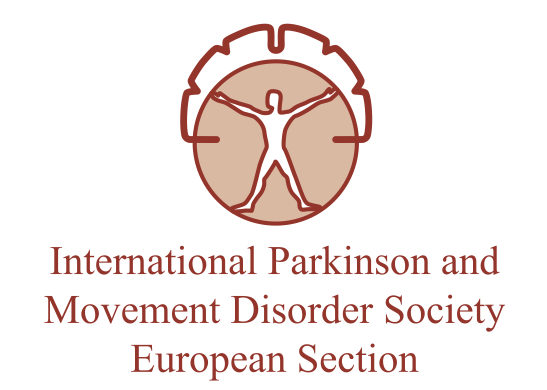by Viktoria Papp
This very interesting Topical Symposium, Myasthenia gravis: What is our current knowledge on diagnostics and therapy?, provided a comprehensive summary of myasthenia gravis (MG) including the clinical presentation, diagnostics, and well-established treatment approaches, as well as promising new drugs and current clinical trials.
Dr. Amelia Evoli presented the diverse phenotypes of MG according to the known antibodies such as antibody against ACh-R, MuSK and LRP4 as well as tSN-MG. She showed data on the sensitivity and specificity of diagnostic bedside, serological and electrophysiological tests both in generalised and ocular MG. She also talked about a novel electrophysiological examination called repetitive ocular-vestibular evoked potential to detect decrement in extraocular muscles that may help to distinguish MG from other neuromuscular diseases.
Prof. Kristl Claeys discussed the current standards in the treatment approach of MG that helped to bring down the mortality of MG to below 5%. The talk was based on the latest international consensus guidance for the management of MG published in 2016 and 2020. The recommended treatment regimens were presented separately for ACh-R seropositive MG, MuSK-MG, ocular MG, treatment refractory MG and MG crisis. The indication, timing and effect of thymectomy were shown. She highlighted a newly described cause of MG which is the use of checkpoint inhibitors. The audience was informed about the specific aspects of MG treatment in pregnancy.
Prof. Andreas Meisel continued the lecture series on MG treatment and gave an exciting overview on the newer treatment options and clinical trials. There are many promising ongoing trials and the treatment of MG can be expected to expand and improve rapidly in the near future. Several treatment targets have been identified such as C5-complement, blockage of cellular IgG recycling with FcRn, plasma cells (f.e.: CD38, CD19), B-cells (f.e. CD20, Bruton´s tyrosine kinase) and some further such as IL6 and CAR T cells.












